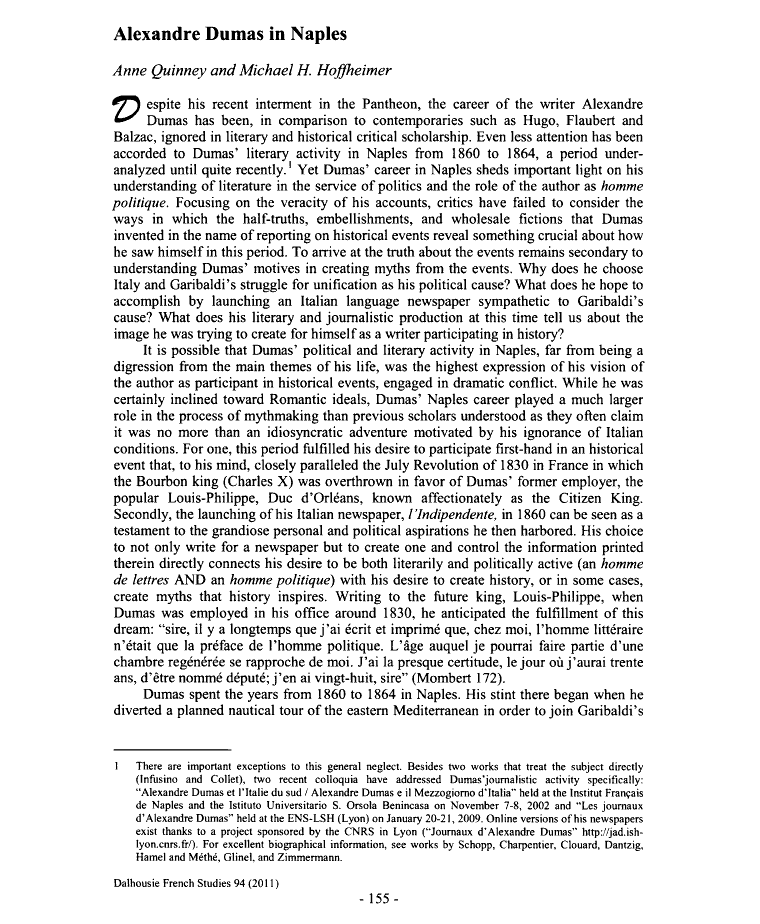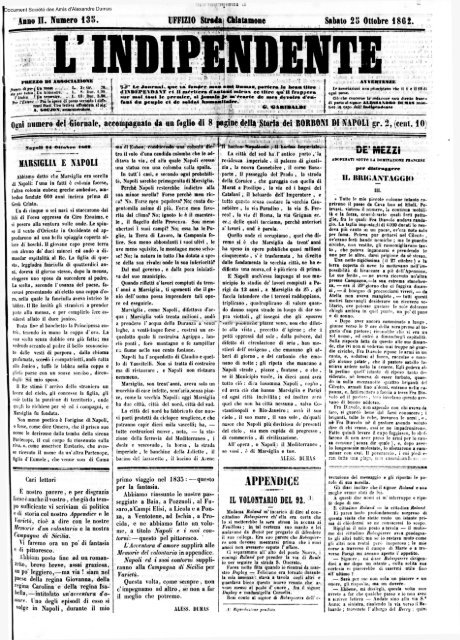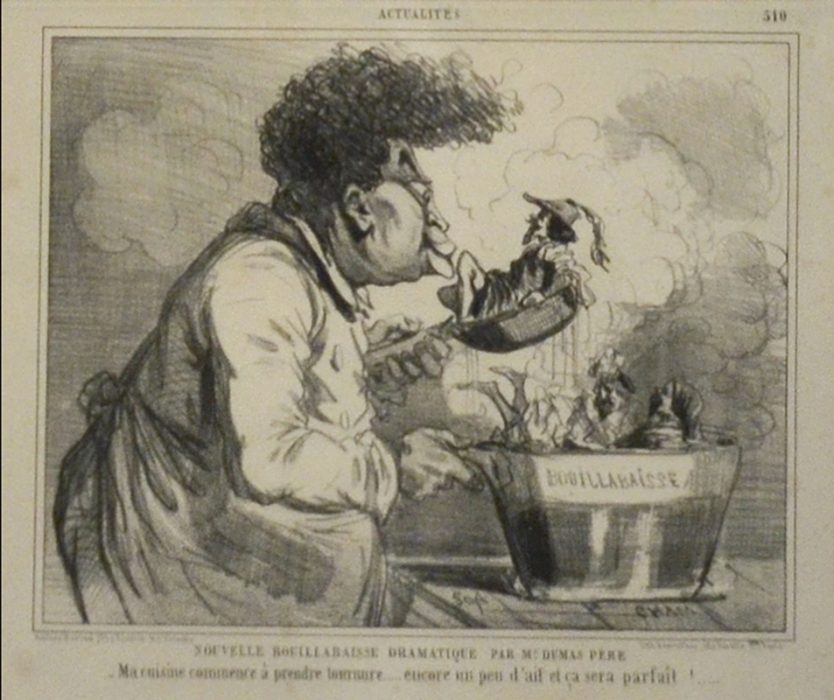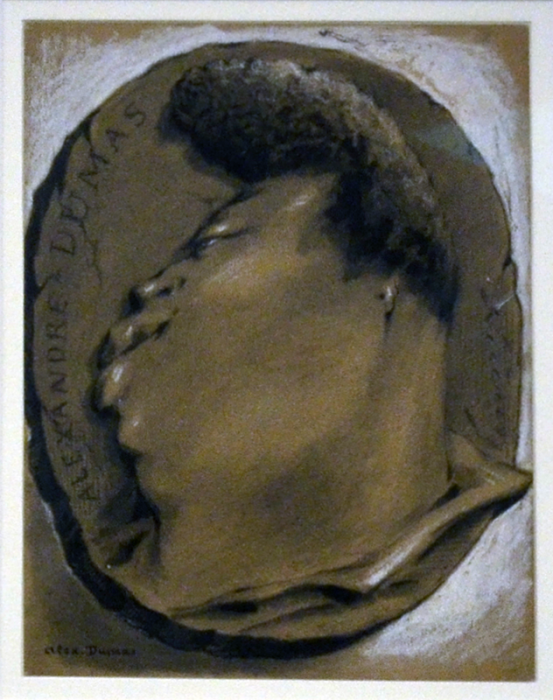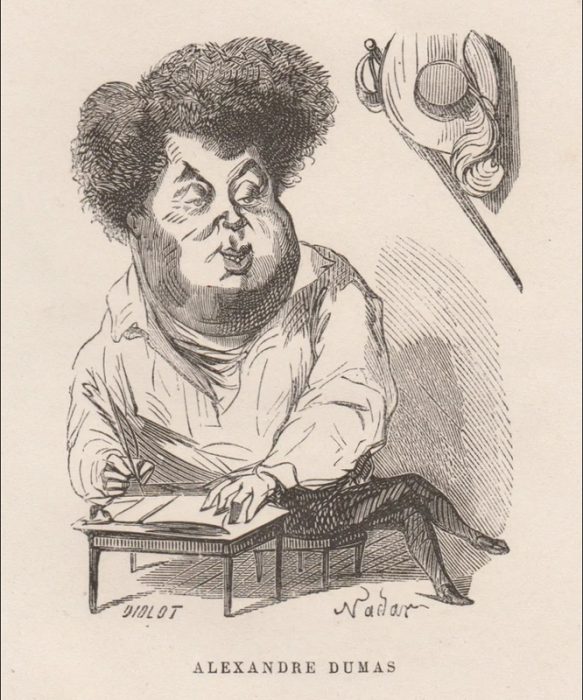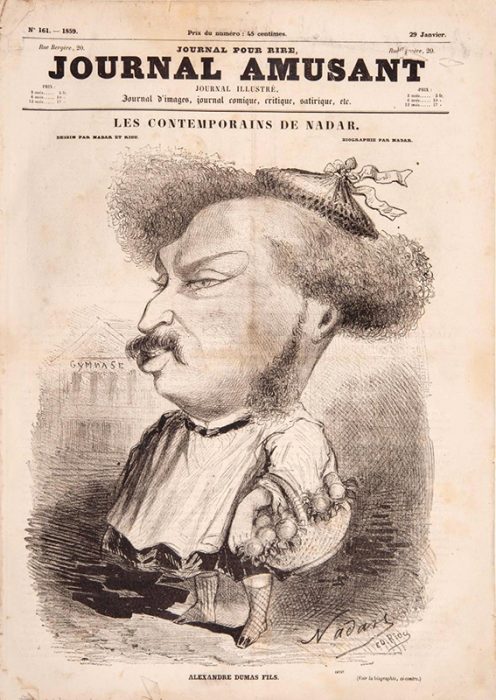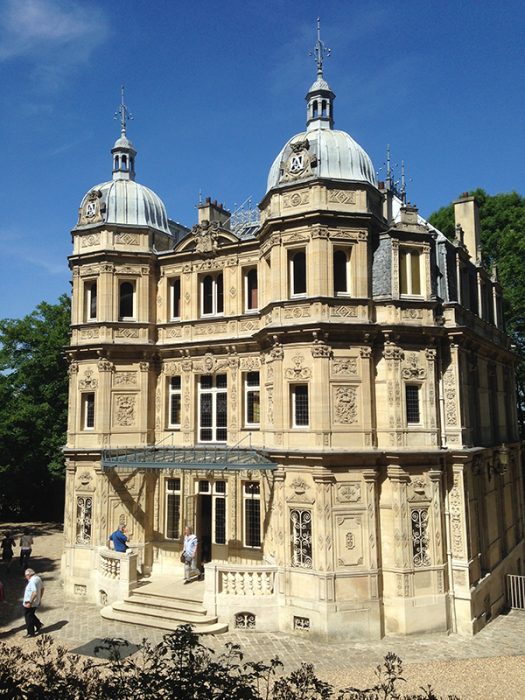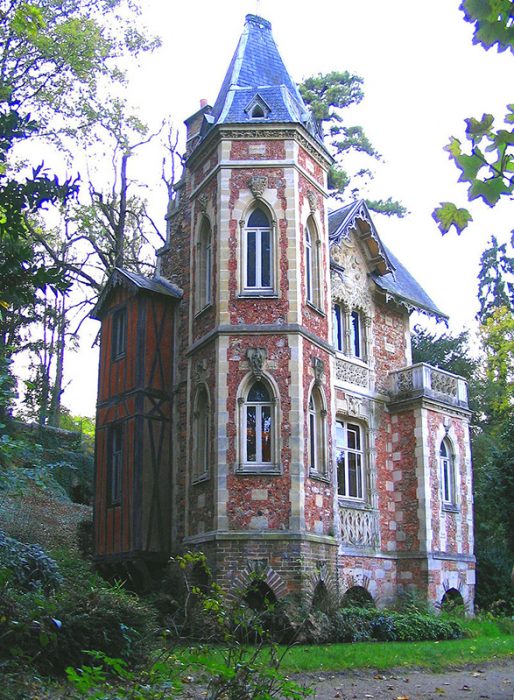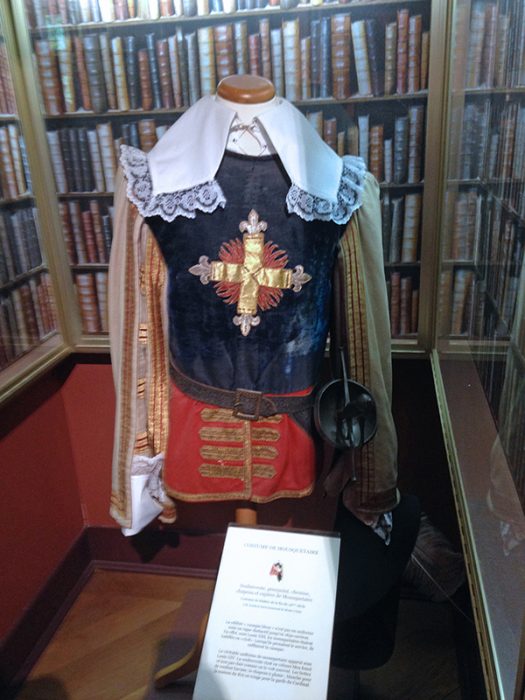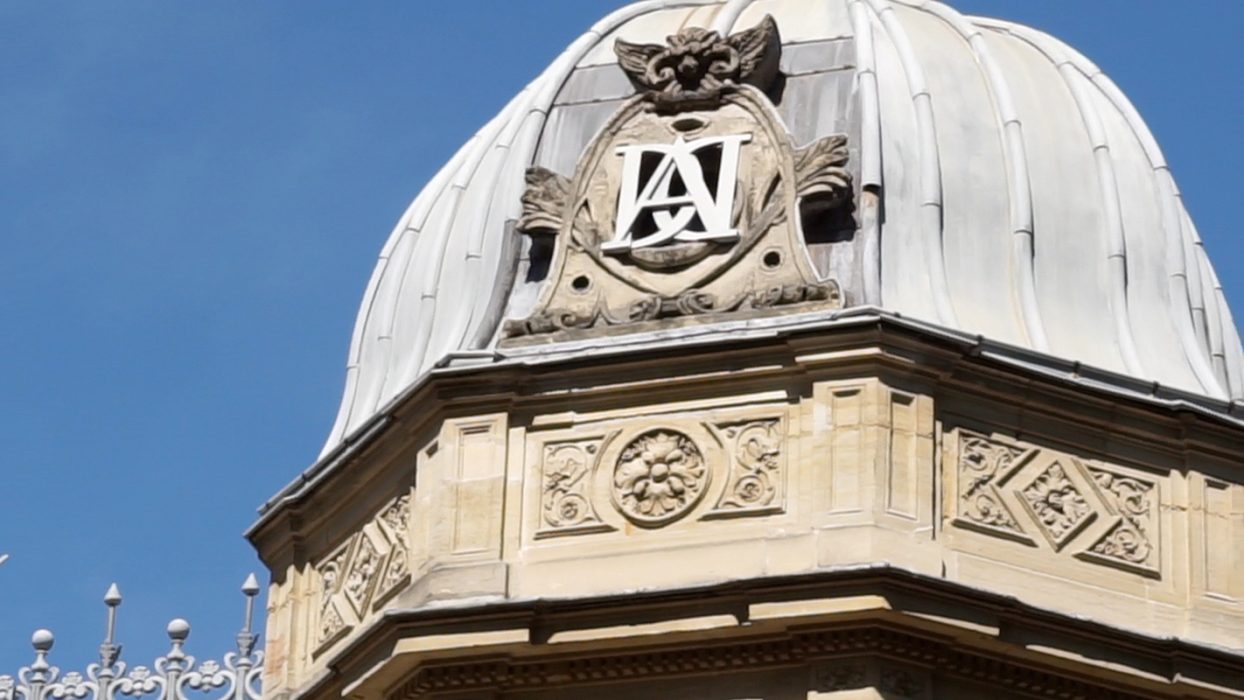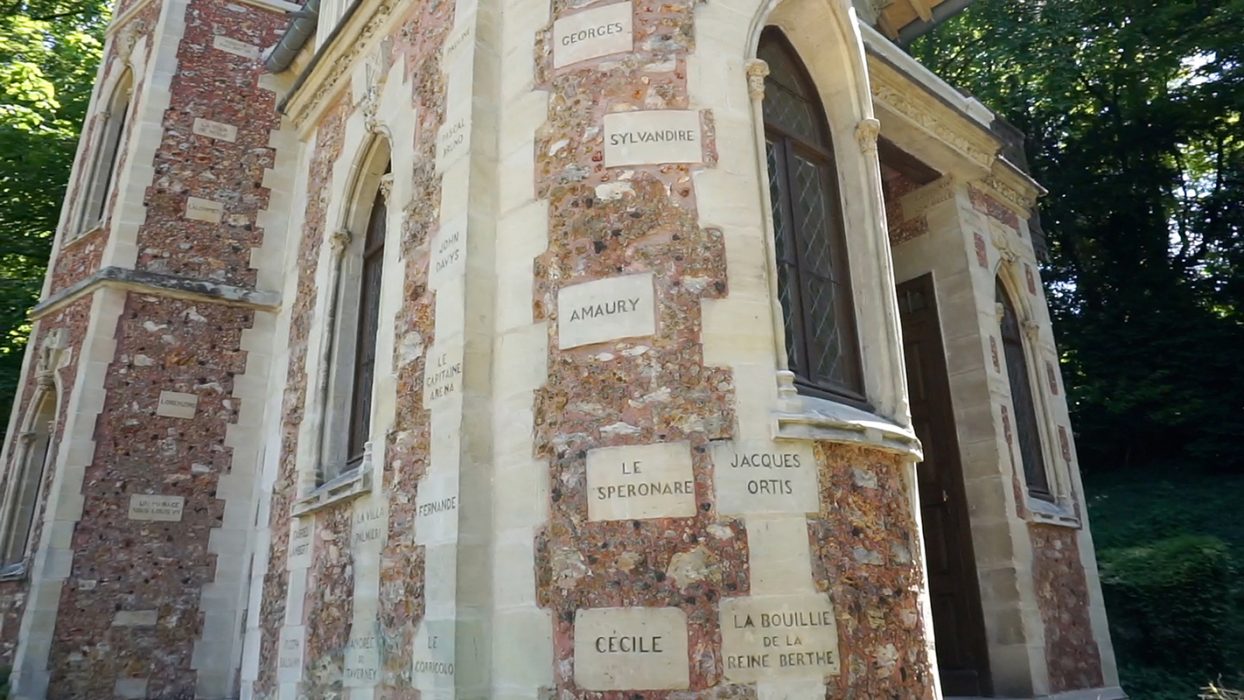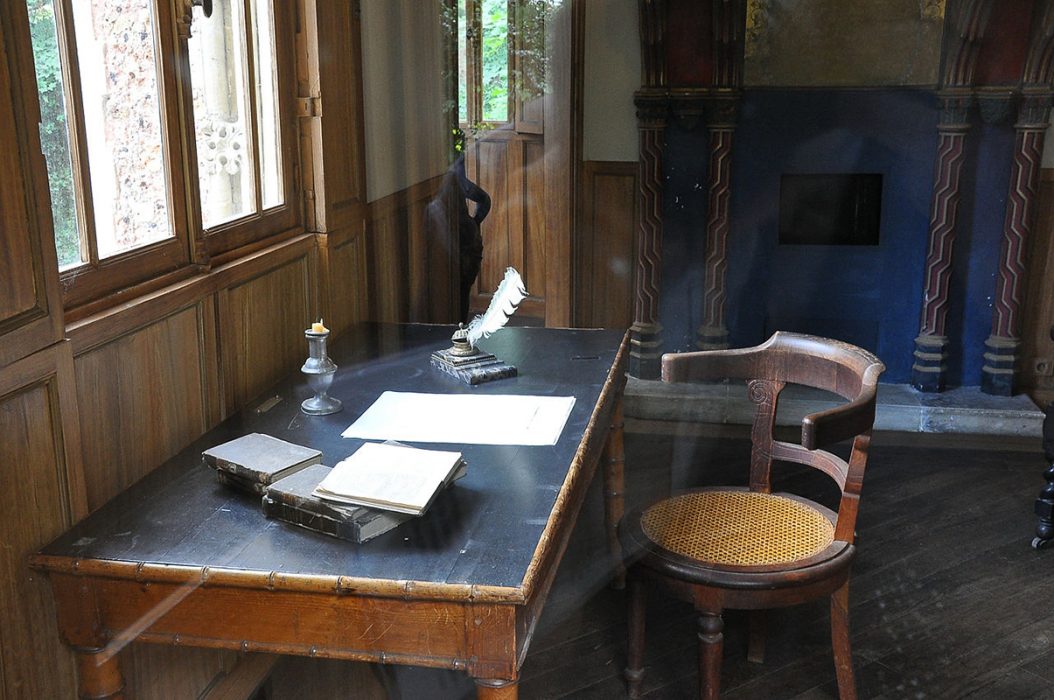How to Listen
The best way to support the show is to follow us iTunes and leave a review. We’ll personally thank you live at the end of show! 
You can find us here:
Latest News and Episodes
Get all the latest episodes, breaking news, opinions, weather, traffic, and more…Um, minus the weather and traffic and add a lot of laughs. 
Episode 24: Alexandre Dumas was Black Ya’ll!
Alexandre Dumas was a French author, born in 1802. He entertained people with his wit, panache and humor. He wrote over 600 pieces and more than 200 novels, including his timeless classics, and is best known for his timeless classics “The Three Musketeers” and “The Count of Monte Cristo”. With all that being said, let’s dive deeper into his past like growing up in poverty during an increasingly racist period in French history.
We’ll also examine amazing adventures of his own, like advising and smuggling guns into Italy to aid his friend Guiseppi Garabaldi and the fight of Italian unification. What inspired him? What drove him to work so hard?
The Real Count of Monte Cristo
Alexandre Dumas and Le Trois Dumas: Three Generations of Greatness
Dumas and His Two Revolutions (France & Italy)
On March 1, 1848, Dumas wrote in La Presse, “Yes, what we see is beautiful, what we see is great. Because we see a republic, and until today we have only seen revolutions.”
« Oui, ce que nous voyons est beau, ce que nous voyons est grand. Car nous voyons une république, et, jusqu’aujourd’hui, nous n’avions vu que des révolutions. »
“Dumas, born in 1802, is the son of a general of the Revolution that Napoleon Bonaparte will eventually dismiss, grandson of a slave and a marquess, and contemporary of the sad end of the Three Glorious Years and of the Second Republic. If there is no hesitation with him about the correctness of the republic, there is indeed a “question” of the revolution: on what it implies, a mixture of the “sublime” and atrocities, and what it generates. The revolutionary suite Mémoires d’un Médecin, which brings together four serialized novels between 1846 and 1852, testifies with jubilation to this tension between enthusiasm and horror….
It is the Italian general Giuseppe Garibaldi who will lead Dumas to reconcile with the revolution. The writer bought weapons to support the Garibaldian enterprise, and in 1860 supported the expedition of the Thousand, which aimed to bring down the monarchy of the Two Sicilies. He will stay three years in Naples, from 1861 to 1864, as director of excavations and museums. He created a newspaper, L’Indipendente, to accompany the new regime, and there published, from 1862 to 1864, in serial and in Italian, this History of the Bourbons of Naples today published for the first time in France under the title The Two Revolutions. Paris (1789) and Naples (1799).” [Read more…]
By Jeff Matthews from Naples Life, Death & Miracles
“Dumas’ dislike for Bourbon monarchies (whether French or the Neapolitan version on whom he blamed the death of his father) crops up much later in 1860. By this time, Dumas was outrageously famous and decided to put his outrageous fame at the disposal of Mr. Swashbuckle, himself, Giuseppe Garibaldi, a character whom Dumas would have been forced to invent for one of his many adventure novels had he (Dumas) not already met him (Garibaldi) and found out that such persons really do exist. Dumas gathered up one of his many young lady friends and sailed his yacht, the Emma, down to Sicily to join Garibaldi’s famous One Thousand on their way to oust the Bourbons of Naples and unite Italy.” [Read more…]
Dealing with Racism
The following excerpt is also taken from the prologue of, “The Black Count: Napoleon’s Rival, and the Real Count of Monte Cristo – General Alexandre Dumas” by Tom Reiss [Amazon.com]
“The writer Dumas grew up in a very different world from that of his father – a world of rising, rather than diminishing, racism. His fellow novelist [Honoré de] Balzac referred to him as “that negro.” After the success of The Three Musketeers and The Count of Monte Cristo, critics launched an endless, damaging public attack on Dumas, mocking his African heritage. He was a black-skinned tropical weed in the literary soil of France…
Newspaper artists in the 1850s depicted the novelist with a succession of racist clichés, mocking his literary efforts….
The novelist tried to make light of the racist insults, but they must have stung. The greatest sin of all, however, was that his father, General Alex Dumas, was forgotten. The son never managed to discover the full truth about his father,…but he avenged his father in another way, but creating fictional worlds where no wrongdoer goes unpunished and the good people are watched over and protected by fearless, almost superhuman heroes – heroes, that is, a lot like Alex Dumas.”
His response to a man who insulted him about his African ancestry has become famous. Dumas said: “My father was a mulatto, my grandfather was a Negro, and my great-grandfather a monkey. You see, Sir, my family starts where yours ends.” [read more…]
The Château de Monte-Cristo
“When an architect informed Alexandre Dumas that it would cost several hundred thousand francs to create the elaborate English-style estate he envisioned, the high-living French writer is said to have replied, “I certainly hope so!” Built in 1846, his fanciful country retreat in the hills of Le Port-Marly, some 12 miles west of Paris, reflects the vivid imagination Dumas employed on the pages of the best-selling novels that made him famous: The Three Musketeers, The Count of Monte-Cristo, The Man in the Iron Mask and other intriguing adventure stories.
He named his grand estate the Château de Monte-Cristo, and a visit to it begins with a walk along a wooded path and through man-made caves evocative of the exotic island grottos his hero Edmond Dantès explores while searching for hidden treasure in the castle’s namesake novel…
The centerpiece of the domain is the three-story, Gothic-and-Renaissance-style château, its delicate ornamentation and scrollwork giving it the appearance of a pastry confection made of stone. The facade is covered with carved motifs of flora and strange fauna, angels and musical instruments. Two domes bear Dumas’s intertwined initials, and above the entrance is a sculpture of his face and the inscription J’aime qui m’aime (I love those who love me).
Château d’If
Opposite the petite castle is a hill with a gentle waterfall that Dumas insisted be added to the grounds. Sitting on the rise above the waterfall is a small neo-Gothic pavilion, surrounded by a tiny moat, that Dumas had built as his office. He humorously dubbed his workspace the Château d’If, after the notorious prison in The Count of Monte-Cristo—in fact a very real island fortress off Marseille…The eccentric little red brick and white stone edifice, with its pointy gabled roof, became his own personal fortress when he wanted to write undisturbed, and the titles of his novels, plays and travel diaries are carved into its exterior walls.
“I have created here a miniature paradise on earth,” boasted Dumas upon the completion of the Château de Monte-Cristo, and word soon spread about his storybook castle and gardens. With their curiosity piqued by rumors of its extravagance and eccentricity, the Parisian elite was eager to see the author’s masterpiece for themselves. In 1847, when 50 invitations for a housewarming party were sent out, an estimated 600 people turned up. After that, Dumas regularly held fêtes at the château, entertaining writers, actors and other illustrious guests including Victor Hugo, George Sand and Honoré de Balzac, who, in a letter to his companion Madame Hanska, described the Château de Monte-Cristo as “one of the most delicious follies ever created”. [Read more…]
Honored at the Panthéon of Paris
Much later, in a better late than never moment, in 2002 the President of France Jacques Chirac had a ceremony filled with the utmost pomp and circumstance to inter Alexandre Dumas’ body in the Panthéon of Paris. Dumas now shares his final resting place with France’s most distinguished French citizens such as Voltaire, Rousseau, Victor Hugo, Émile Zola, Jean Moulin and Marie Curie.
“No figure in this century has exceeded the popularity of Alexandre Dumas. His successes were not merely successes, he made them triumphs ; they had the brilliance of the brass band about them…” Victor Hugo [read more…]
★ If you’d like to read President Chirac’s official statement (in French): “Déclaration de M. Jacques Chirac, Président de la République, à l’occasion du transfert des cendres d’Alexandre Dumas au Panthéon, Paris le 30 novembre 2002.“
★ If you’d like to watch his address during the ceremony (also in French): Discours de Jacques Chirac : hommage à Alexandre Dumas
Fantastically Terrible Character or Creature
The Fantastically Terrible Character or Creature this week is actually a book. We normally highlight obscure stories or characters, but today we’re going to mention an often overlooked book. It’s called, “Twenty Years After” by none other than Alexandre Dumas and it’s the sequel to “The Three Musketeers.”
It’s kind of like the 17th century equivalent of the “The Blues Brothers”. Dumas brings back his beloved characters – Athos, Porthos, Aramis and D’Artagnan – twenty years after they triumphed over Cardinal Richelieu and Milady. D’Artagnan has completely lost touch with his friends and must find them to help with his quest. I guess you can say he’s on a mission from God! As the Jake Blues in the scenario, he seeks out the other three Musketeers. Now middle aged, they reunite for a new “get the band back together” adventure.
It’s set against a backdrop of civil war in France, Oliver Cromwell in England threatening to send Charles I to the scaffold, and an oddly familiar villain, the son of Milady [dah dah dum]. Our heroes may be older and weathered, but their wisdom and experience are fully developed. Once you’ve read it, and it’s a huge novel, you finally feel like you’ve said goodbye to old friends.
Crochet Three Musketeers
Now you can have your Three Musketeers handmade toy or you can buy the pattern. ツ
★ Crochet Three Musketeer
★ All free patterns, visit my Crochet Shop
Personal Thank You!
If you’d like to help out the show, please leave a comment on iTunes. This will help others to find us. We’d also love to hear from you and we’ll thank you live on the show!
Related Links
★ Alexandre Dumas and Le Trois Dumas: Three Generations of Greatness
★ Alexandre Dumas books in order
★ Alexandre Dumas The world’s greatest story teller
★ Naples Life, Death & Miracles by Jeff Matthews
★ The Italian Connection: when Dumas helped Garibaldi unify Italy
★ Garibaldi and Dumas: When History and Literature United to Change a Nation
★ France’s most famous author led a life worthy of one of his own stories
★ Artos, Portos, the Château d’If, Tom, Jerry, A. Dumas & Naples
★ France remembers ‘forgotten’ Dumas
★ Join the Friends of Dumas Society (French)
★ Alexandre Dumas in Naples (Bella Napoli)
★ Une histoire du racisme : le troisième Dumas
★ Le général Dumas, vie héroïque
★ Alexandre Dumas un écrivain aux talents multiples !
★ Slavery in the French Colonies: Le Code Noir (the Black Code) of 1685
★ Paris museum renames masterpieces after black subjects
BOOKS
★ The Condemnation of Blackness: Race, Crime, and the Making of Modern Urban America by Khalil Muhammad
You might also like…
★ Podcast ep 23: Josephine Baker How Did She Feel About the Peel
★ Podcast ep 14: Black Heroes from the French Revolution: General Alex Dumas
★ Podcast ep 15: Black Classical Music Pioneer Chevalier de Saint-Georges
★ Podcast ep 12: Whitewash part 1: From the Trojan War to King Arthur
★ Podcast ep 13: Whitewash Part 2: The Dark Side of the Enlightenment
★ Podcast ep 16: Dahomey Amazons, Black Panther & the 1st Successful Slave Revolution
★ Podcast ep 11: How 2 African Americans changed comics forever
Additional Resources
🎧 iTunes Podcast
🎧 https://www.youtube.com/7Robotsinc
🔗7Robots Fantastically Terrible Podcast (info)
★ Ghost Metal
☆ Ghost Metal on Webtoon
☆ Ghost Metal on Tapas
★ Wolf Boy
☆ Wolf Boy and the Magical Warriors on WEBTOON
★ About Us
★ Contact
★ 7 Robots Shop



